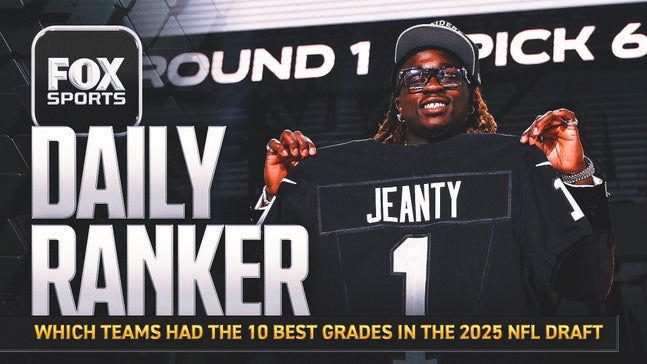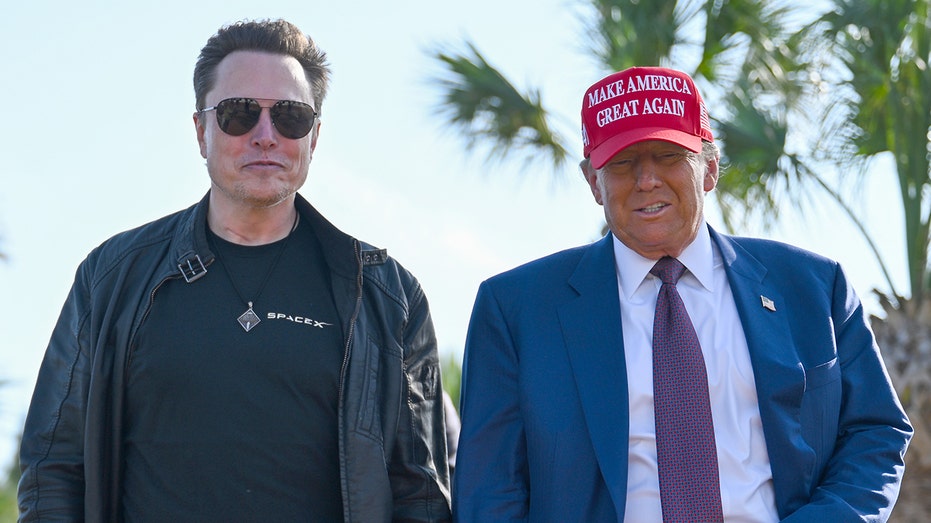Profit warnings and uncertainty as Trump tariffs send a chill through businesses
Open this photo in gallery: Volkswagen and Porsche cars intended for export to the United States wait to be loaded at the seaport in Emden, Germany, on April 2.Wolfgang Rattay/Reuters General Motors and Volvo Cars abandoned their guidance, Adidas warned of price hikes and Porsche and Electrolux cut their full-year outlooks on Tuesday as U.S. President Donald Trump’s trade war continued to send shivers through the corporate world. The barrage of negative news will add to evidence that trade chaos is taking a major toll on companies, forcing many to cut spending or consider moving production, up-ending supply chains and making it tough to plan beyond the immediate term. The uncertainty unleashed by Trump’s imposition of sweeping tariffs, followed by the temporary suspension of some, is also hurting consumers, who are spending less, raising fears of a sharp economic downturn in the United States and beyond. World stocks and the dollar edged up on Tuesday after Trump’s administration said it planned to reduce the impact of some auto tariffs, but markets are far from recovering the heavy losses suffered after the tariffs were outlined on April 2. {MKTS/GLOB] Tuesday’s company earnings announcements showed trade policy continuing to wreak havoc. “We believe the future impact of tariffs could be significant,” GM Chief Financial Officer Paul Jacobson said on a call with media after the U.S. carmaker pulled its forecast for the year. “We’re telling folks not to rely on the prior guidance, and we’ll update when we have more information around tariffs.” German sports car maker Porsche said it had suffered a hit of at least €100-million ($114-million) across April and May as a result of U.S. levies on car imports. “There is so much volatility, there is so much information coming in, some of which is reliable, some of which is not,” said Porsche AG CFO Jochen Breckner. He said that if tariffs remain in place, Porsche will have to pass them on – at least in part – to customers via price increases. The tariffs are expected to raise car prices for U.S. consumers by thousands of dollars, reducing demand and piling pressure on an automobile industry already struggling with a slowing transition to electric vehicles. Porsche and Volvo Cars, which also withdrew its guidance for the next two years, are among the most exposed to tariffs of 25 per cent on car imports – Porsche has no U.S. production and Volvo ships most of the cars it sells in the United States from Europe. That means Porsche would gain little relief from a possible softening or limiting of duties on foreign parts used in U.S.-made cars and tariffs on cars made abroad. “We have to wait until the talks are finalised,” Breckner said, referring to talks between the European Union and the Trump administration. About 40 companies around the world have either withdrawn or cut their forecasts in the first two weeks of the first-quarter earnings season, a Reuters analysis shows, including U.S. airlines Delta, computer gadget maker Logitech and drinks giant Diageo. Adidas CEO Bjorn Gulden said that “in a normal world” the company would have hiked its revenue and profit guidance after last week’s quarterly results, but that tariff uncertainty prevented it from doing so. “Given the uncertainty around the negotiations between the U.S. and the different exporting countries, we do not know what the final tariffs will be. Therefore, we cannot make any ‘final’ decisions on what to do,” Gulden said on Tuesday. Trump announced hefty tariffs on most nations in early April and has since then alternated between retracting some while threatening additional industry-specific tariffs on trucking, pharmaceuticals and semiconductors, among others. HSBC said fallout from the global trade war could hit loan demand and credit quality, the clearest warning yet from a major bank on how the ripple effects of Trump’s tariff actions could hurt lenders. Other companies are scrambling to cut costs. Volvo Cars announced plans for spending cuts of about $1.8-billion and said it would restructure its U.S. operations as its first-quarter profit tumbled, sending shares down over 10 per cent. German engine manufacturer MTU Aero Engines said late on Monday it was looking at ways to mitigate the impact of tariffs estimated to be in the mid-to-high double-digit million euros range this year. Joining a chorus of household names from Nestle and Unilever to Chipotle, Electrolux blamed weaker consumer sentiment as it lowered its North America market outlook and reported a smaller first-quarter profit than expected. “Consumers shifted to lower price points,” the Swedish appliances maker said, adding that shoppers also postponed purchases of discretionary goods. Its shares were down more than 10 per cent in morning trade, among the biggest fallers in Europe. Danish brewer Carlsberg’s CEO Jacob Aarup-Andersen echoed that sentiment. “History tells us that prolonged uncertainty will feed into consumers’ purchasing decisions,” he told Reuters.


















